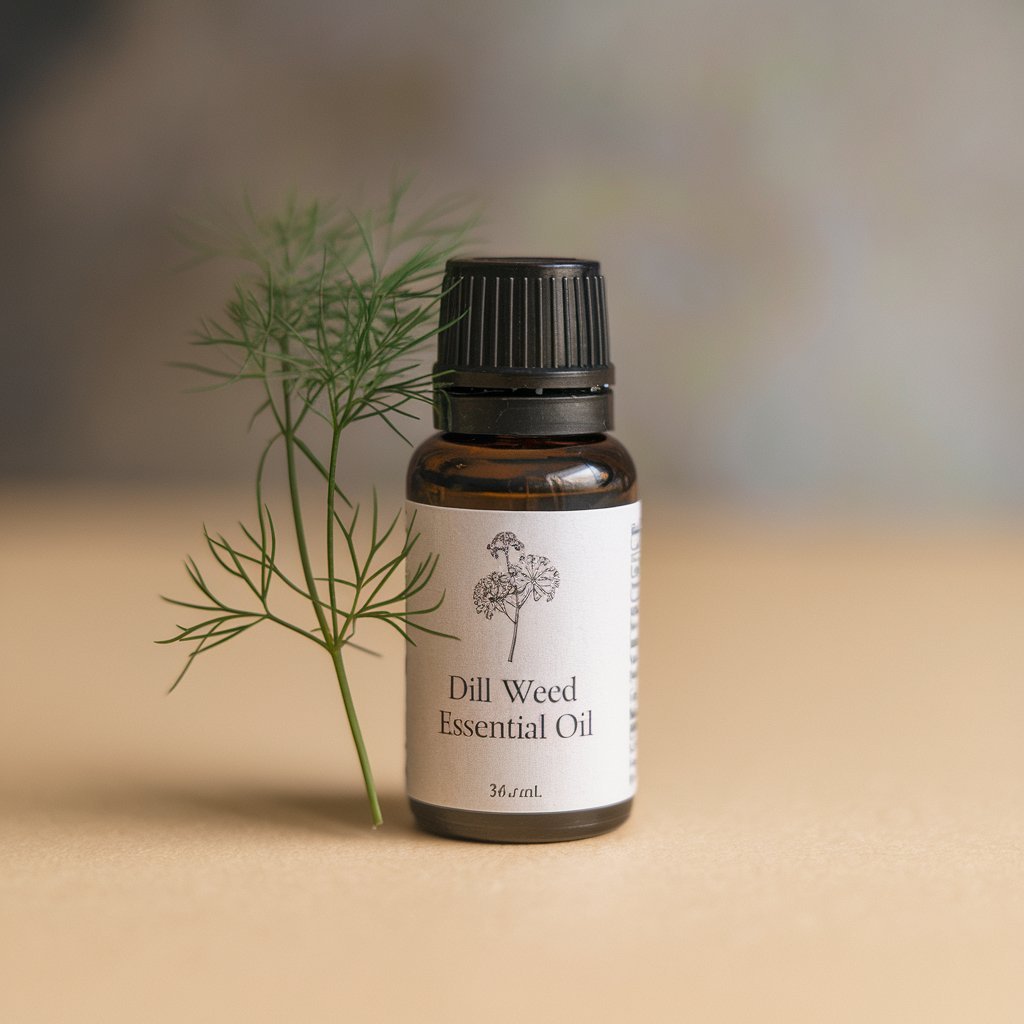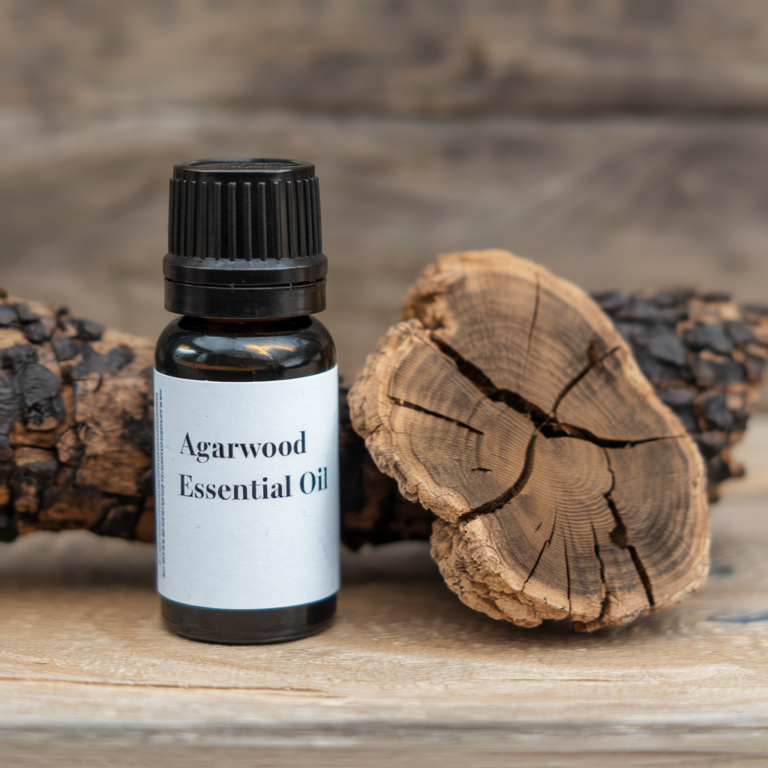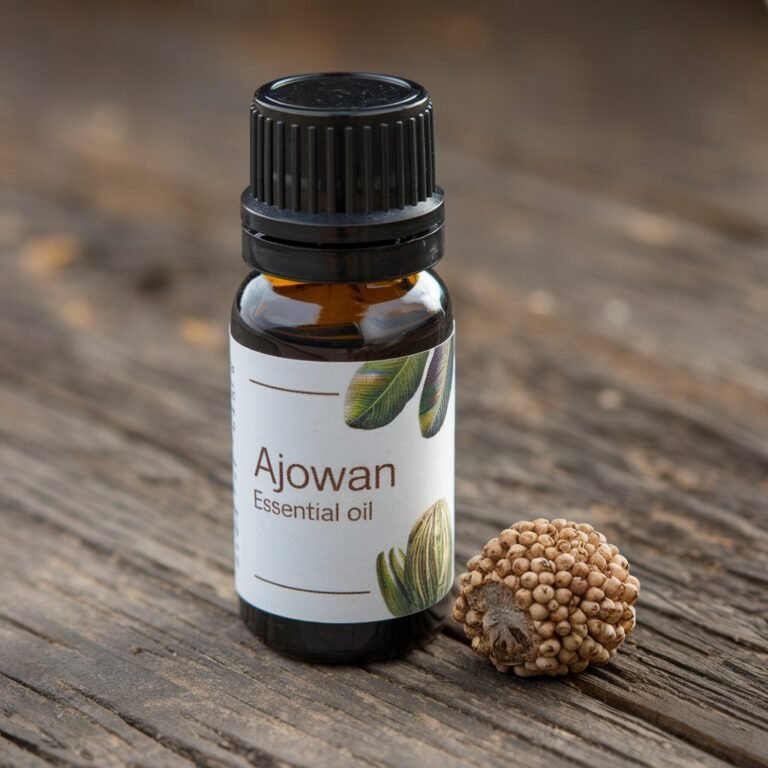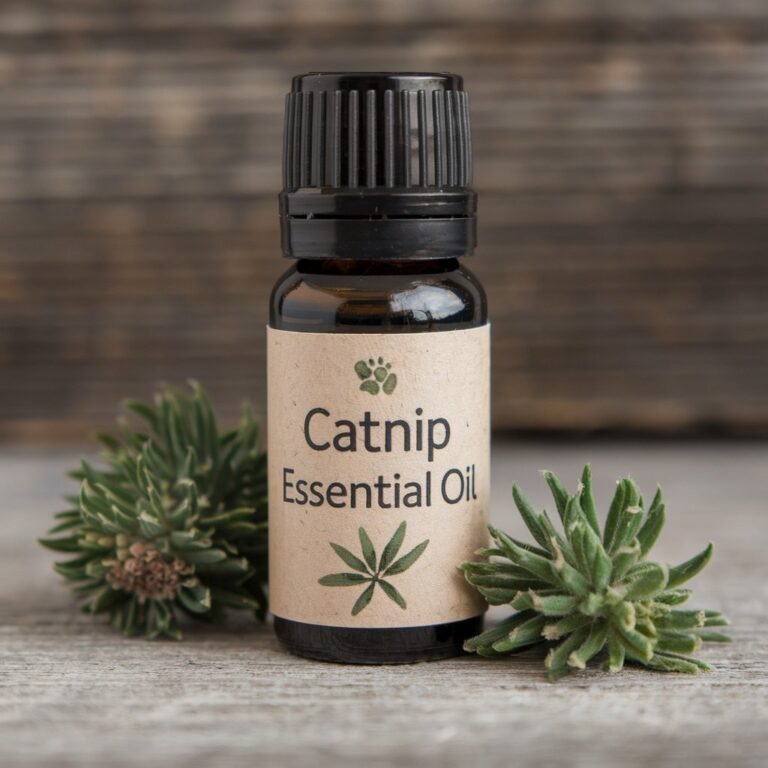Dill Weed Essential Oil
Have you ever wondered what makes dill weed essential oil such a versatile gem in the world of aromatherapy and natural remedies? As someone who has always been fascinated by the multifaceted nature of essential oils, I find dill weed essential oil particularly intriguing due to its unique combination of uses and benefits.
Recommended Brands:
Dill Weed Essential Oil by Barefut
Dill Seed Essential Oil by Rocky Mountain Oils
What is Dill Weed Essential Oil?
Dill weed essential oil is extracted from the leaves and stems of the dill plant, scientifically known as Anethum graveolens. This annual herb has been treasured for centuries, not just as a culinary delight but also for its therapeutic properties. Originally native to the Mediterranean and Anatolian regions, dill has spread across the globe and is now cultivated in many parts of the world.
This delightful oil has a fresh, herbaceous aroma with slightly sweet undertones that make it an excellent addition to any essential oil collection. Whether it's used for its soothing properties or its ability to blend well with other oils, dill weed essential oil offers a variety of applications that can enrich one's health and well-being.
Historical Significance of Dill
Diving into history, dill has been a cherished herb since ancient times. The Egyptians used it as far back as 5,000 years ago, primarily for its medicinal properties. In ancient Greece and Rome, dill was associated with wealth and was often used as a remedy for digestive ailments. Over the centuries, this humble herb continued to capture the interest of various cultures due to its healing attributes.
Extraction Process of Dill Weed Essential Oil
The extraction of dill weed essential oil typically involves steam distillation, a process that preserves the integrity and potency of the oil's active compounds. During steam distillation, steam is passed through the plant material, capturing the essential oils vaporized by the heat. As the vapor cools, it turns back into a liquid consisting of both water and essential oil, which are then separated.
This method ensures that the oil retains its fragrant and therapeutic properties, making it a potent addition to any natural remedy toolkit.
Chemical Composition and Aromatic Profile
Dill weed essential oil is rich in chemical compounds such as carvone, limonene, and dillapiole. Carvone, a primary component, is responsible for the oil's distinctive aroma and contributes to many of its health benefits.
Carvone
Carvone is known for its anti-inflammatory and antimicrobial properties. It plays a significant role in the oil's ability to soothe digestive issues and act as an antispasmodic agent.
Limonene
Limonene provides an uplifting citrus note to the oil's smell and offers antioxidant benefits. This compound also contributes to the oil's calming and mood-enhancing effects.
Dillapiole
Dillapiole, although present in smaller quantities, works synergistically with other compounds to enhance the oil's therapeutic profile.
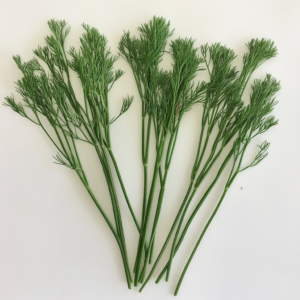
This image is property of images.unsplash.com.
Benefits of Dill Weed Essential Oil
Delving into the benefits of dill weed essential oil reveals a range of uses that cater to both physical and emotional well-being. Let's explore some of the most prominent benefits that make this oil a sought-after natural remedy.
Relief from Digestive Issues
One of the most well-known benefits of dill weed essential oil is its ability to calm digestive disturbances. The oil's carminative properties help alleviate gas, bloating, and indigestion. By promoting the production of digestive juices, it assists in the efficient breakdown of food, providing much-needed relief from gastrointestinal discomfort.
Antimicrobial Properties
Dill weed essential oil's antimicrobial attributes make it a natural choice for combating harmful microorganisms. These properties help purify the skin and prevent infections, making it a useful ingredient in skincare formulations. Additionally, this oil can be used as a natural preservative for homemade beauty and wellness products.
Stress and Anxiety Reduction
The soothing aroma of dill weed essential oil can act as a natural stress reliever. Inhaling the vapor of this oil may help to reduce anxiety and promote relaxation, offering a sense of calm and balance in times of stress. Its tranquil effect on the mind is one of the key reasons why it is a popular choice in aromatherapy practices.
Antioxidant Properties
With its antioxidant capabilities, dill weed essential oil aids in fighting free radicals, which are responsible for cellular damage and aging. By combating oxidative stress, the oil supports overall health and may even contribute to a reduction in signs of aging.
Recommended Brands:
Dill Weed Essential Oil by Barefut
Dill Seed Essential Oil by Rocky Mountain Oils
How to Use Dill Weed Essential Oil
Exploring the various ways to utilize dill weed essential oil can be an exciting journey into natural wellness. Here are a few methods to integrate this versatile oil into everyday routines:
Topical Application
When applying dill weed essential oil to the skin, it's important to dilute it with a carrier oil like jojoba or coconut oil. This helps mitigate any risk of skin irritation. Once diluted, it can be applied to the affected area for relief from muscle cramps or skin irritation.
Aromatherapy
Using a diffuser to disperse dill weed essential oil into the air is a popular method for reaping its aromatic benefits. This technique not only freshens the air but also creates an atmosphere of peace and relaxation.
Bath Soak
Adding a few drops of dill weed essential oil to a warm bath can enhance the bathing experience. The steamy environment will help release the oil's aroma, contributing to relaxation and stress relief.
Culinary Uses
Though primarily valued for its therapeutic benefits, dill weed essential oil can also be used in culinary applications. Add a drop to enhance the flavor of soups, stews, or salad dressings. However, caution is advised due to its potency—only a tiny amount is needed to make a significant impact.
This image is property of images.unsplash.com.
Pros and Cons of Dill Weed Essential Oil
It's only fair to weigh the pros and cons of dill weed essential oil to provide a balanced view of its applications.
Pros
- Versatile Applications: From skincare to stress relief, dill weed essential oil offers a multitude of uses.
- Natural Digestive Aid: Effectively soothes various digestive issues.
- Pleasant Aroma: The sweet, herbaceous scent is refreshing and calming.
- Antimicrobial Properties: Helps in fighting off harmful microorganisms naturally.
Cons
- Skin Sensitivity: Potential for irritation if not diluted appropriately.
- Potent Flavor: Can be overpowering if used excessively in culinary applications.
- Limited Availability: Not as widely available as some other essential oils.
Safety Precautions
Before integrating dill weed essential oil into your routine, it's crucial to consider safety precautions. Always consult with a healthcare professional, especially if you are pregnant, nursing, or have underlying health conditions. Perform a patch test before applying the oil topically to ensure there are no adverse reactions. Dilution is key to safe usage, and as with any essential oil, less is more.
Conclusion
With its wealth of benefits and versatile applications, dill weed essential oil stands out as a distinctive addition to any essential oil enthusiast's collection. From calming digestive woes to offering a respite from stress, its attributes align seamlessly with the needs of modern wellness practices. However, like any natural remedy, it demands mindful use and respect for its potency. After exploring all that dill weed essential oil has to offer, I am consistently impressed by its capacity to enhance both physical health and emotional well-being.
Recommended Brands:

